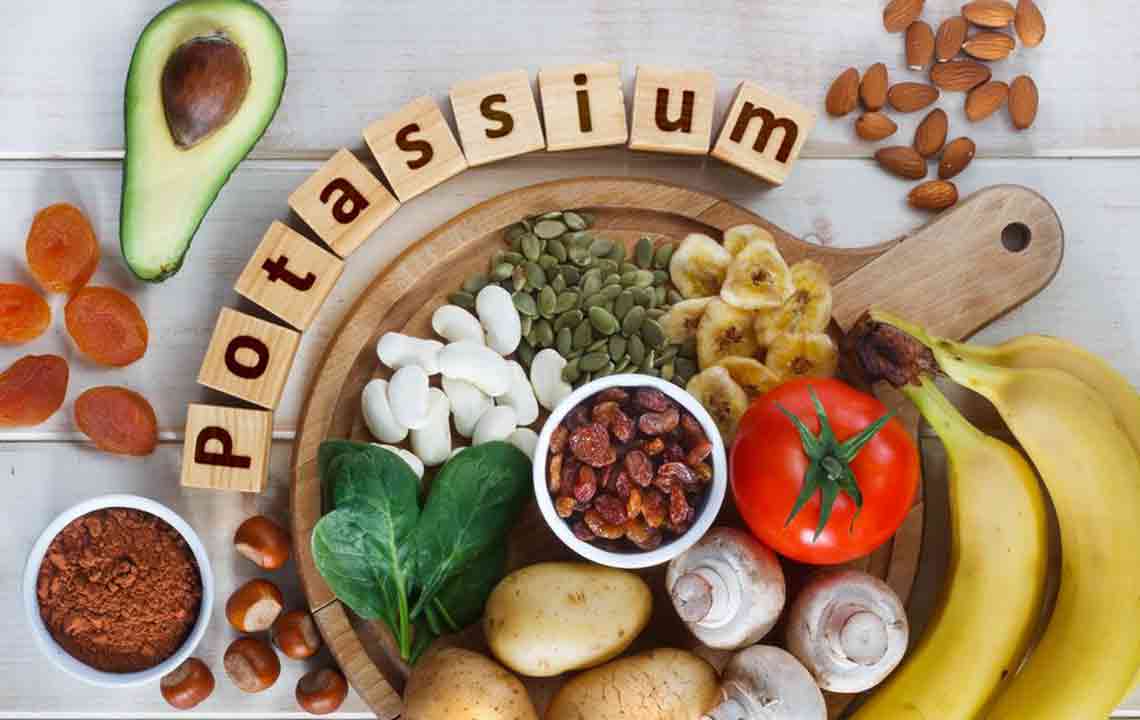Essential Foods High in Magnesium and Their Health Benefits
Discover the top magnesium-rich foods and learn how this essential mineral benefits overall health. Incorporating foods like leafy greens, nuts, whole grains, seafood, and dark chocolate can improve bone strength, heart health, and mood. Understanding magnesium's role and deficiency risks helps maintain optimal wellness. This guide emphasizes balanced nutrition and lifestyle habits for better health outcomes.

Essential Foods High in Magnesium and Their Impact on Well-Being
Magnesium is a vital mineral necessary for many bodily functions. Consuming magnesium-rich foods can support heart health, strengthen bones, and improve stress management, while reducing inflammation and oxidative damage. To ensure adequate intake, include foods like dark leafy greens, nuts and seeds, whole grains, legumes, seafood, dairy, and dark chocolate in your diet. Here's what you need to know about magnesium sources and how they benefit overall health:
Key Magnesium-Rich Foods
To maintain adequate magnesium levels, incorporate these foods into your meals:
Dark leafy greens: Spinach, kale, and Swiss chard are excellent sources, along with other greens.
Nuts and seeds: Almonds, cashews, pumpkin seeds, and sunflower seeds offer high magnesium content and can be added to routines in moderation.
Whole grains: Brown rice, quinoa, and whole wheat provide dense nutrients that support heart and joint health.
Legumes: Chickpeas, lentils, and beans are rich in magnesium and versatile for many dishes.
Seafood: Salmon, mackerel, and halibut are abundant sources of magnesium.
Dairy: Milk and yogurt supply calcium, magnesium, and critical nutrients essential for overall wellness.
Other options: Dark chocolate offers a healthy magnesium boost. Additionally, bananas and avocados are good sources—bananas also contain potassium, and avocados provide healthy fats, making them excellent daily additions. Processing can reduce magnesium content, so consuming some foods raw can maximize benefits.
Magnesium plays a crucial role in maintaining health, and eating a variety of magnesium-rich foods can help prevent deficiencies.
Health Benefits of MagnesiumGetting enough magnesium supports bone density, blood sugar regulation, and cardiovascular health. It reduces inflammation and promotes mental well-being by enhancing neurotransmitters like serotonin. Magnesium also improves energy metabolism and muscle function, contributing to better exercise performance and lower fatigue. Addressing magnesium deficiency is vital, as it can lead to muscle cramps, fatigue, irregular heartbeat, hypertension, osteoporosis, mood disorders, and insulin resistance. Consulting a healthcare professional when symptoms appear is recommended to ensure proper management and dietary adjustments.
Risks of Magnesium Deficiency
Insufficient magnesium intake can cause muscle cramps, weakness, tremors, fatigue, arrhythmia, high blood pressure, weakened bones, and increased risk of mood disorders such as anxiety or depression. It can also impair energy production and elevate the risk of developing insulin resistance and type 2 diabetes. Proper diagnosis from a healthcare provider is essential for personalized treatment, including dietary changes or supplements.
Maintaining adequate magnesium intake through balanced meals and healthy lifestyle choices—including regular exercise, sufficient sleep, and stress management—is vital for overall health. A nutrient-rich diet supports bodily functions, and holistic wellness practices enhance the body's ability to utilize these nutrients effectively.










